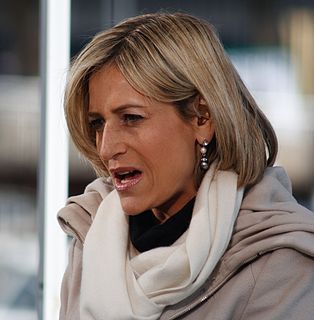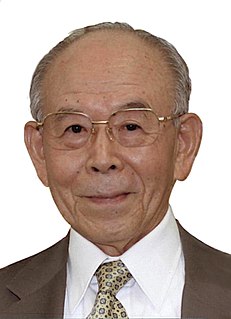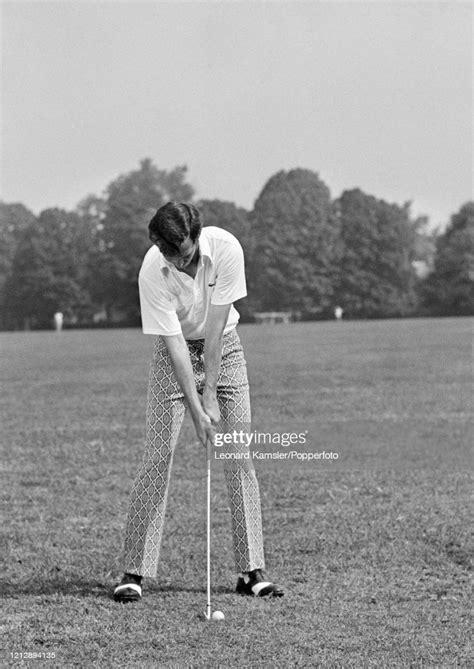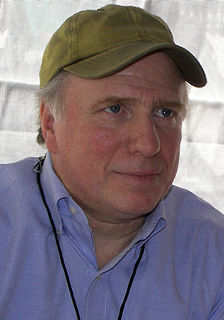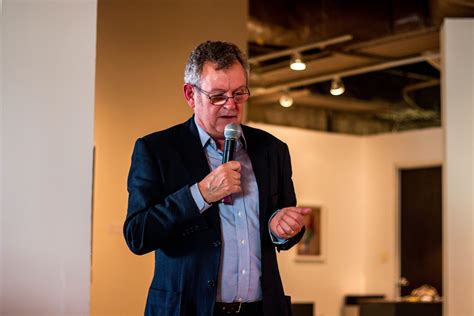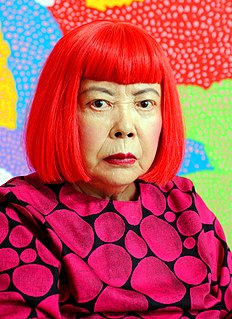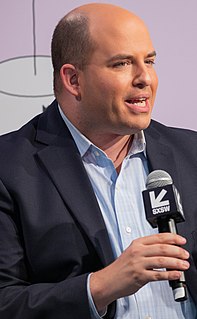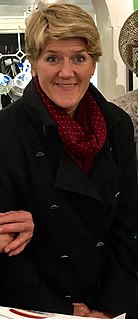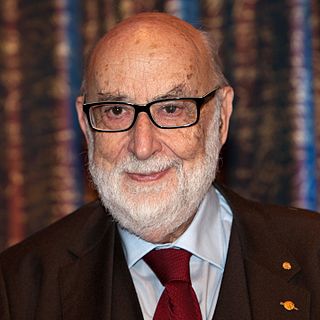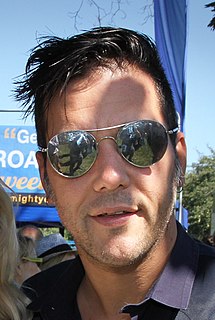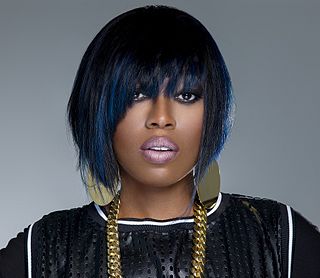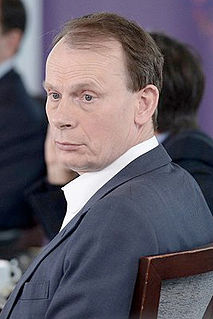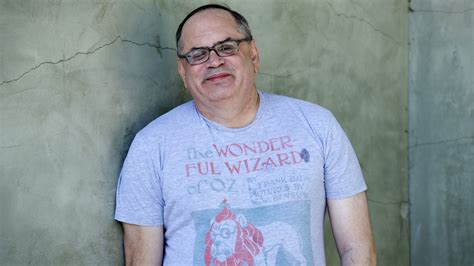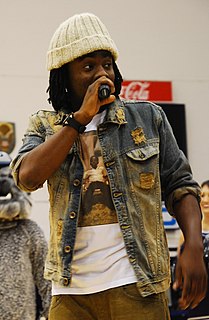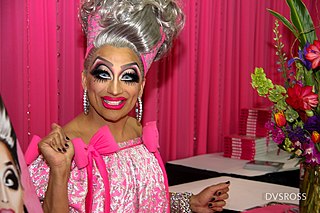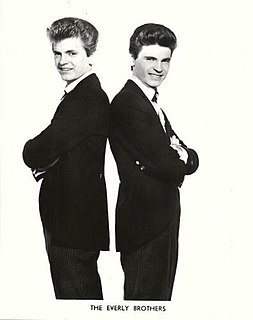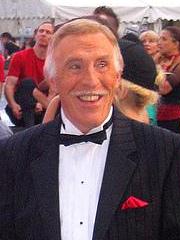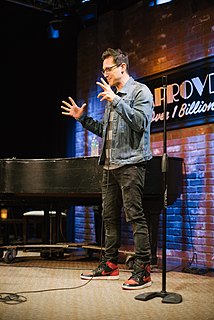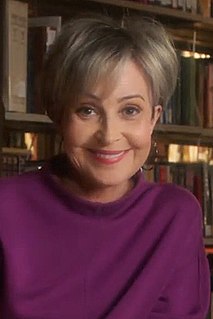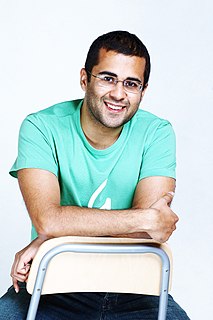Top 60 Interviewers Quotes & Sayings
Explore popular Interviewers quotes.
Last updated on November 28, 2024.
Usually naive interviewers hover between two mutually contradictory convictions: one, that a text we call creative develops almost instantaneously in the mystic heat of inspirational raptus; or the other, that the writer has followed a recipe, a kind of secret set of rules that they would like to see revealed. There is no set of rules, or, rather, there are many, varied and flexible rules.
My own experience with being interviewed is mixed. I suppose they're a part of my job, and as I would like readers to connect with my books, I do them. I've also made many lifelong friends whom I first encountered as interviewers - as a writer, they're a terrific way to meet and add smart new people to one's life.
If real Satanism were allowed the kind of television time that Christianity has now, the kind of drawing out and patience that interviewers give sports figures, or the kind of coverage that a baseball game gets, Christianity would be completely eliminated in a few short months. If people were allowed to see the complete, unbiased truth, even for 60 minutes, it would be too dangerous. There would be no comparison.
As a kid, in the Runaways, I would see the interviewers start to ask about our personal lives and what we did — and I could see the look in their eyes. They were practically frothing at the mouth. So if I answered these questions, I knew they were never gonna talk about the music. It was like that instinct — don’t go there, man. Have boundaries. Have mystery. You don’t have to let everybody in! I want to be singing to everybody, and I want everybody to think that I’m singing to them. Guys, girls and everyone in between.
My travels have always been of the same kind. No matter where I've gone or why I've gone there it ends up that I never see anything. Becoming a movie star is living on a merry-go-round. When you travel you take the merry-go-round with you. You don't see natives or new scenery. You see chiefly the same press agents, the same sort of interviewers, and the same picture layouts of yourself.
Some interviewers aren't even interested. They're just doing it because they gotta do it. Life is nothing without passion. Whatever you're doing, at least be passionate about it because I'm passionate about what I'm doing. I'm passionate about the words I'm saying right now. Just be passionate. When the interviews is passionate, it's more conversational and we're not covering the same ground.
When Phil and I started out, everyone hated rock n' roll. The record companies didn't like it at all - felt it was an unnecessary evil. And the press: interviewers were always older than us, and they let you know they didn't like your music, they were just doing the interview because it was their job.
I have observed that male writers tend to get asked what they think and women what they feel," she says. "In my experience, and that of a lot of other women writers, all of the questions coming at them from interviewers tend to be about how lucky they are to be where they are – about luck and identity and how the idea struck them. The interviews much more seldom engage with the woman as a serious thinker, a philosopher, as a person with preoccupations that are going to sustain them for their lifetime.
When interviewers ask me who I'm sleeping with or if I don't like such-and-such or what is my sexuality, that's not beneficial to the world. They need to ask me about stuff that may help readers, like how my father abused my mother for many years. A lot of kids go through that and need to know what they should do.
Emphasize your strengths on your resume, in your cover letters and in your interviews. It may sound obvious, but you'd be surprised how many people simply list everything they've ever done. Convey your passion and link your strengths to measurable results. Employers and interviewers love concrete data.
Emphasize your strengths on your resume, in your cover letters and in your interviews. It may sound obvious, but you'd be surprised how many people simply list everything they've ever done.
Convey your passion and link your strengths to measurable results. Employers and interviewers love concrete data.
In Germany there's something about rock music much more political than it really is - like everything you were doing was an indictment of the American culture. I read an interview with one of the members of Sebadoh. He was saying he had just got back from touring Germany for the first time in five years or whatever, and one of the interviewers asked him, "Why aren't you still relevant?"




